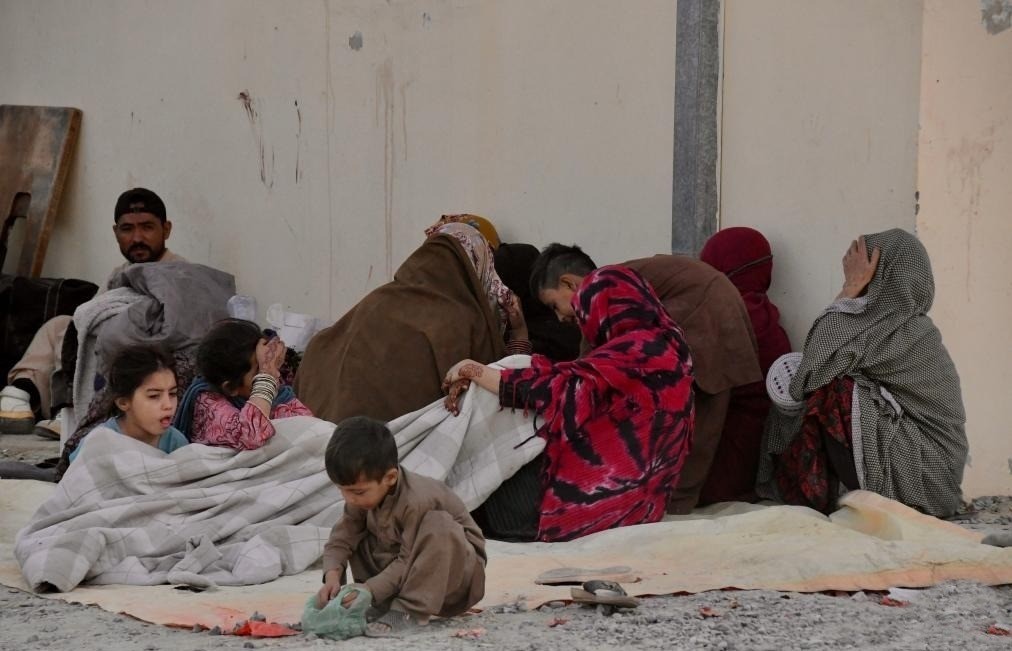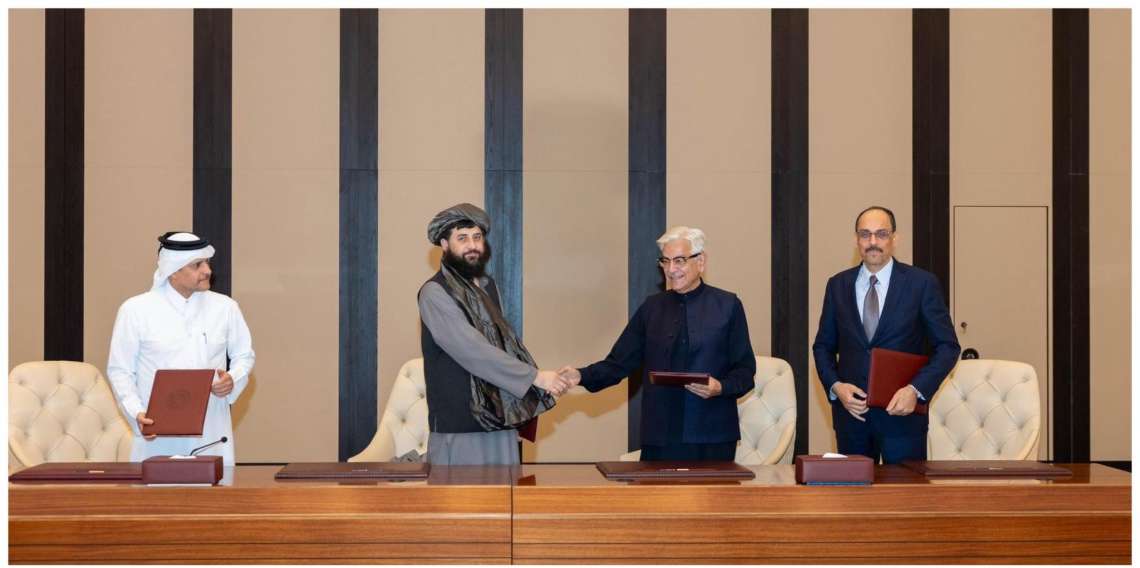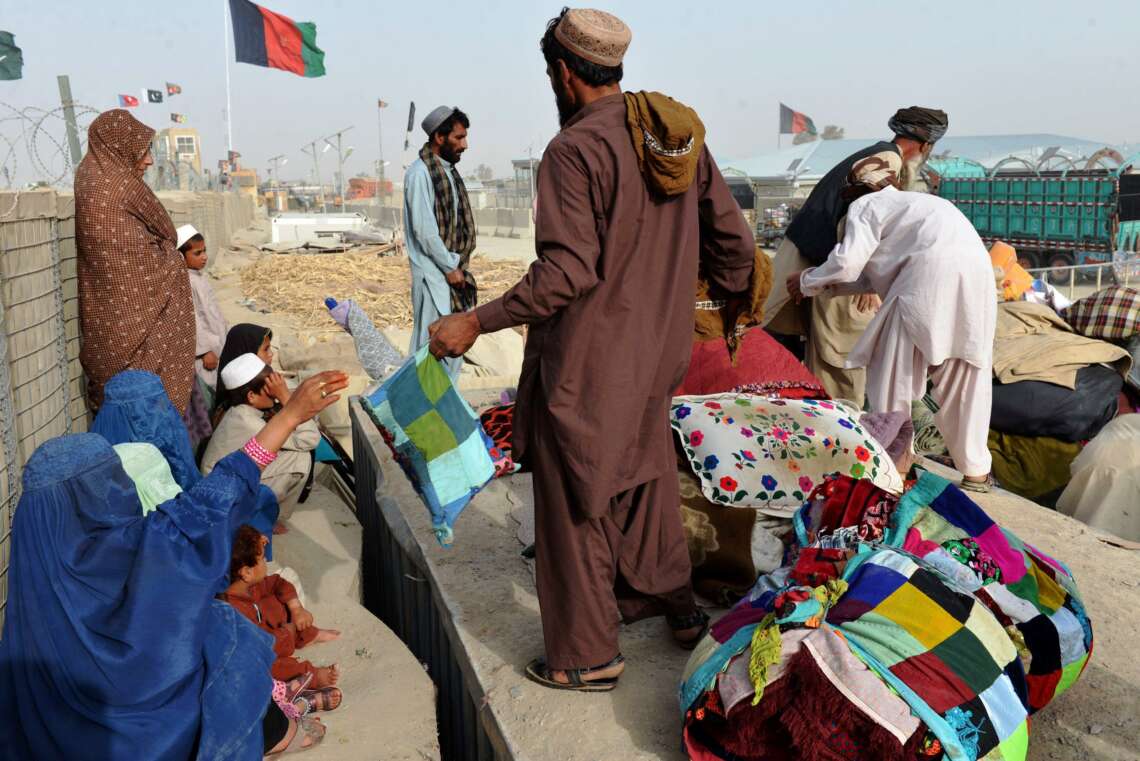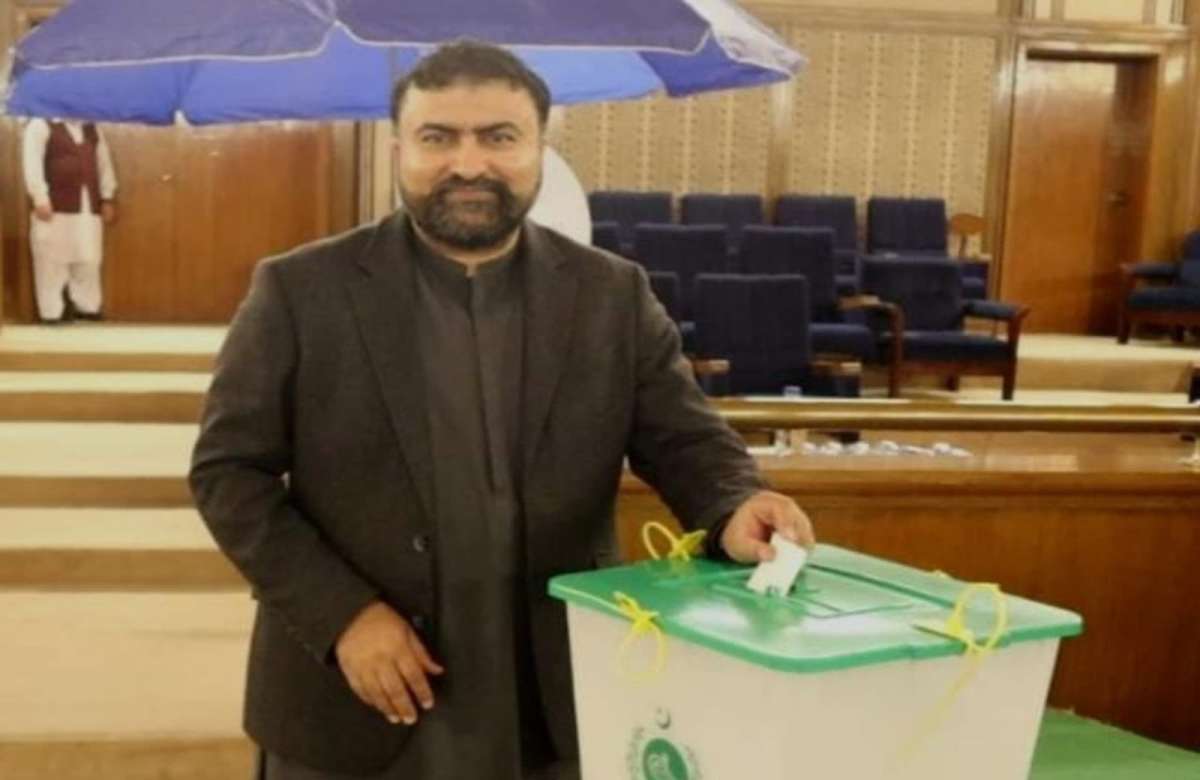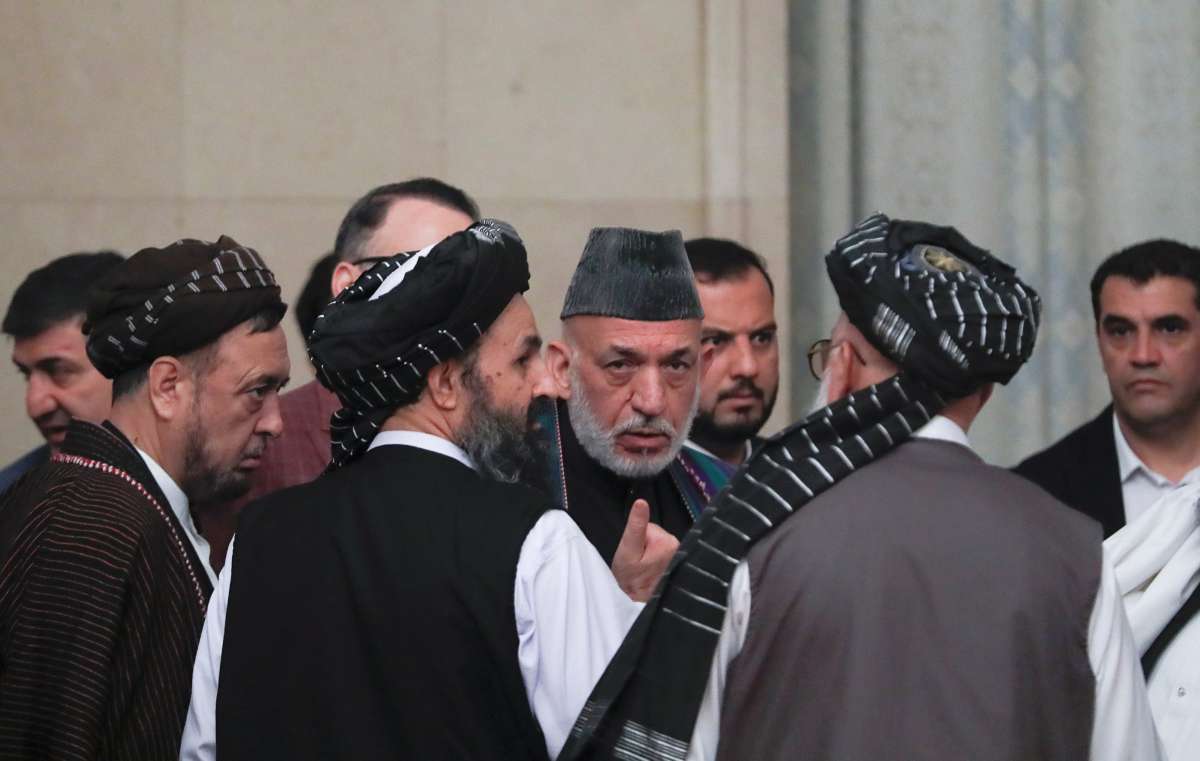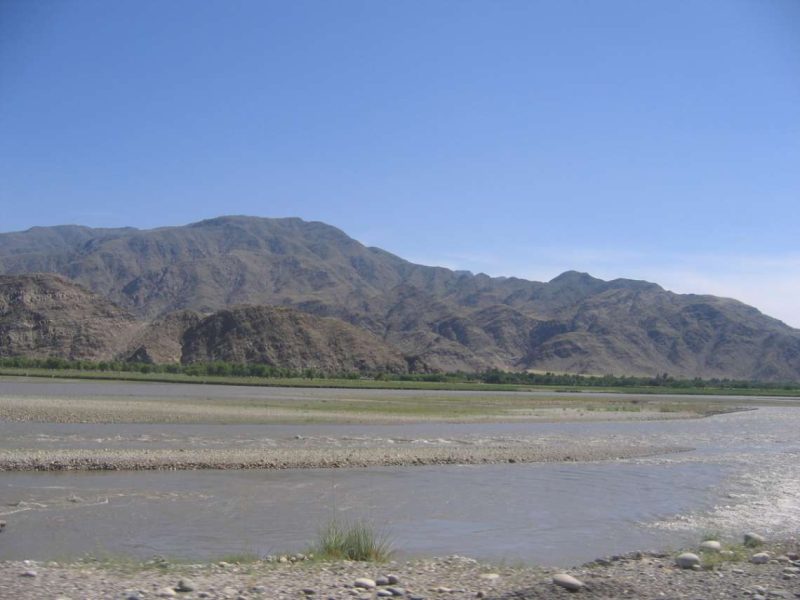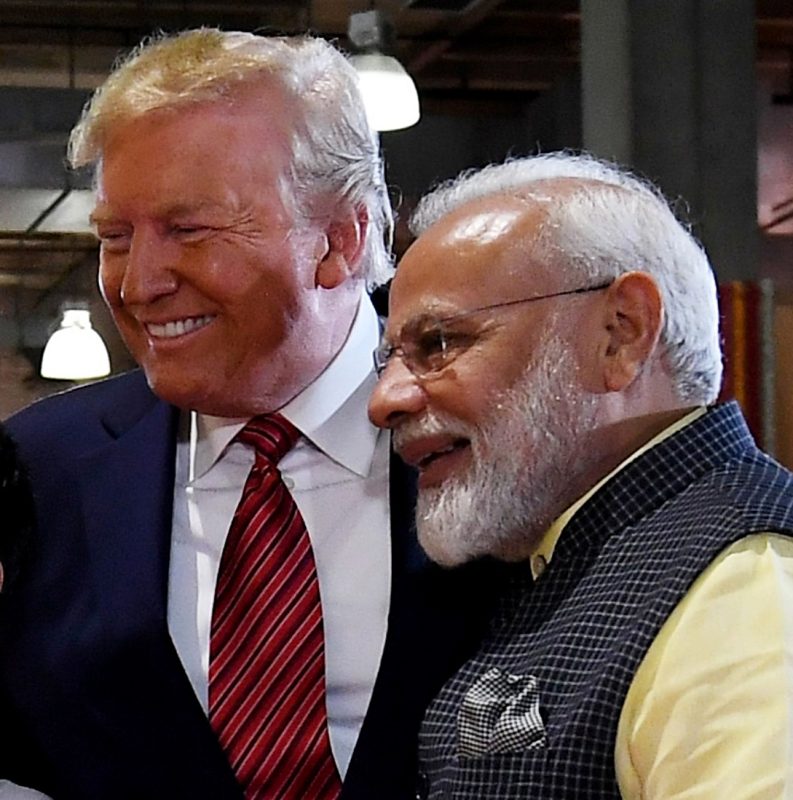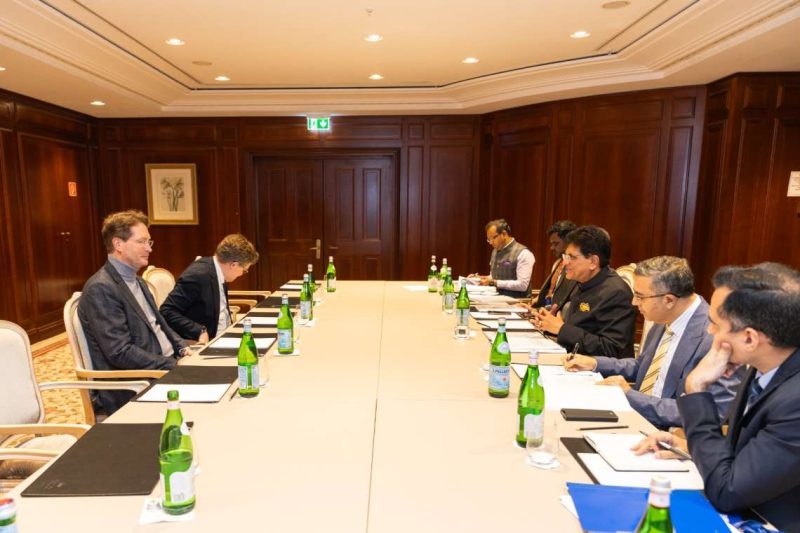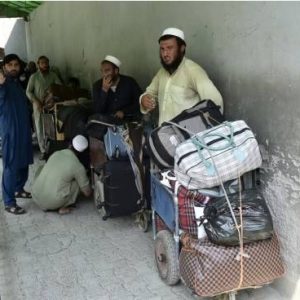The head of the UN Deputy Mission in Afghanistan urged the Taliban to abolish the restrictions placed on women…reports Asian Lite News
he Special Representative of the Secretary-General of the United Nations and Head of the UN Deputy Mission in Afghanistan, Roza Otenbayeva, has once again drawn attention to the growing risk that prohibitions on women would drive Afghanistan even deeper into poverty and isolation, according to Khaama Press.
The head of the UN Deputy Mission in Afghanistan urged the Taliban to abolish the restrictions placed on women and girls as the world observes International Women’s Solidarity Day on March 8.
Otenbayeva regrets seeing in Afghanistan a “disastrous negative investment” rather than investing in women, which causes serious harm to women and girls and impedes peace and prosperity, according to a statement released by UNAMA.
In its statement, UNAMA also highlighted Afghan women’s appeal for international solidarity in their advocacy, guarantees women’s active involvement and representation in all talks about Afghanistan’s future, and uphold foreign aid that specifically benefits women, reported Khaama Press.
In addition to these pressing appeals, Afghanistan is experiencing severe humanitarian problems that are made worse by political unrest and violence, which increases the vulnerability of women and girls.
The dire need for swift action to alleviate the situation of women and girls–who are disproportionately impacted by the conflict and socioeconomic limitations–is highlighted by the global leaders.
In order to ensure that women actively participate in defining the future of their country and contribute to peace and prosperity for all, it is crucial that coordinated efforts be made to remove obstacles, promote inclusivity, and support women’s rights in Afghanistan as the international world rallies support for their rights.
Notably, many governments across the world have denounced the Taliban’s full-scale attack on the rights of Afghan women and girls.
Despite the Taliban’s initial promise to take a moderate approach towards women’s rights after it seized power in August 2021, the ban on higher education is just one of many steps that the armed group has taken to further segregate the country and limit women’s role in society.
In the immediate aftermath of August 2021, the Taliban banned girls from going to school beyond the sixth grade and imposed strict rules requiring women to wear hijabs and to travel only with a male chaperone. (ANI)
ALSO READ: EXODUS: Pakistanis Fleeing Amid Economic Turmoil and Political Uncertainty


